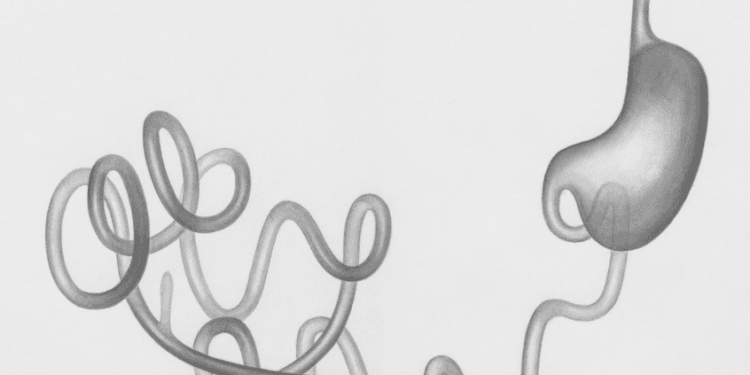When it comes to managing reflux, natural remedies are gaining attention, especially as people look for alternatives to medications with potentially unwanted side effects. Alginate therapy, derived from kelp, is one of these natural approaches showing promise. Alginates are natural polymers harvested from brown seaweed, commonly used as food thickeners and jellies for over a century with no known side effects. Recent studies reveal that alginate therapy is not only effective for reflux relief but may also serve as an alternative to traditional treatments, such as proton pump inhibitors (PPIs), which can have adverse effects.
How Does Alginate Therapy Work?
One unique advantage of alginate for reflux is that it doesn’t just soothe the symptoms of reflux; it actually stops it at the source. When taken, the alginate forms a protective coating in the throat, esophagus, and stomach. This coating provides immediate relief and helps prevent future reflux episodes by creating a physical barrier. When the alginate reaches the stomach, it turns into a gel-like “raft” that floats on top of the stomach contents, acting as a cork that blocks reflux from rising into the esophagus. This mechanism helps prevent stomach acids from flowing back up, making it a valuable option for both GERD and LPR sufferers.
Alginate vs. PPIs: A Safer Alternative?
In clinical trials, alginate therapy has been found effective in managing reflux symptoms on its own. Additional studies reveal that adding PPIs, a common medication for reflux, doesn’t improve alginate therapy’s effectiveness. This is significant because while PPIs can help with reflux, they may have long-term side effects, such as nutrient deficiencies and an increased risk of certain infections. Alginate therapy offers a natural, side-effect-free alternative that could be just as effective as PPIs in treating reflux.
When and How to Use Alginate Therapy
For best results, alginate therapy should be taken after meals and before bedtime. This timing helps the alginate gel “raft” form just as the stomach is digesting food, effectively sealing off the esophagus from stomach contents. The raft remains in place for several hours, giving the stomach time to clear food before dissolving and digesting naturally. Regular use after meals can help reduce the risk of reflux episodes, providing relief without the need for daily medication.
Conclusion
With its natural ingredients, lack of side effects, and proven effectiveness, alginate therapy is gaining recognition as a safe and powerful tool in the fight against reflux. As more people seek natural alternatives to conventional medications, alginate therapy offers a gentle yet effective approach that addresses both symptoms and the root cause of reflux. By harnessing the natural benefits of kelp, alginate therapy could become a popular option for those looking for a long-term, natural solution to reflux.




